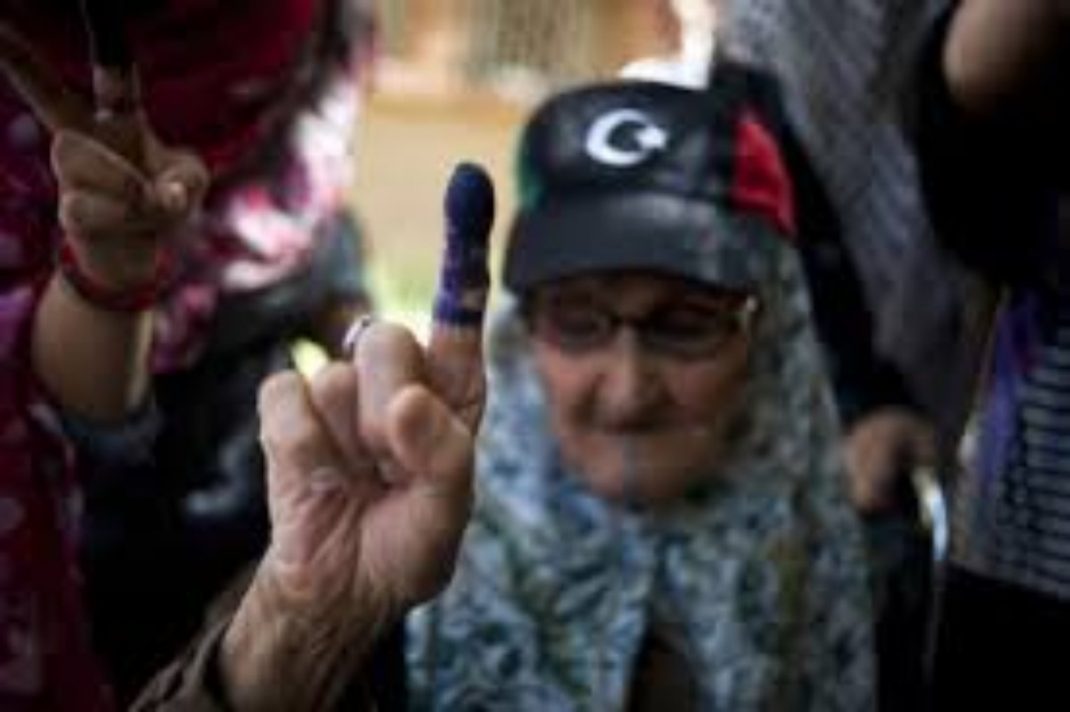By Oliver Miles
The UN representative in Libya Ghassan Salamé briefed the Security Council on 21 March. He remains focused on conducting elections this year if possible; voter registration has been completed, with 1 million new voters registered.
Efforts to adopt a permanent national constitution continue, with a draft approved last year though hot debate continues. But Libya is “fraught with violence” with armed groups including state groups operating outside the law, and a sharp rise in crime and illegal arms trafficking.
On 12 April he briefed Arab League foreign ministers in Riyadh more informally and in more detail. The downside is that there are about 20 million weapons in Libya, with more being smuggled in.
Abduction, arbitrary detention and property crime continue. But Salamé emphasised the positive. The number of civilians killed during clashes in March was down to 5, with 12 wounded.
The UN mission UNSMIL and he personally have been established in Tripoli for a month and a half. The Action Plan approved by the UN last year is moving, though too slowly. A referendum on the new constitution is in sight.
Municipal elections are set to begin this month, and UNSMIL is in dialogue with the armed factions which will have to return to civilian life if Parliamentary elections are to be held without their interference.
A “broad consultation process” has been launched with half a dozen cities, and 30 more to come, aiming at a comprehensive national conference after Ramadan. The UN has commissioned the Geneva-based Centre for Humanitarian Dialogue (HD), to organise the meetings.
A 12 April Chatham House paper paints a more negative picture; “As Libya’s war economy persists, prospects for the restoration of functioning central governance become more distant.” It calls for international action to target criminal groups’ overseas assets and strengthen state authority. There are many such research papers: a useful attempt to compile a comprehensive list is at link.
On 28 March leaders of the two most heavily armed towns in western Libya Misrata and Zintan met and issued a communiqué calling for reconciliation of all Libyans; the two had previously been in conflict, with Misrata allied with the Tripoli-based Government of National Accord and Zintan seen as supporting the Tobruk-based House of Representatives and Field Marshal Haftar.
Further meetings are planned. On 18 April a similar reconciliation meeting took place between Zintan and Zawiya, another town west of Tripoli.
News from eastern Libya has been dominated by reports that Field Marshal Khalifa Haftar, 75, commander of the “National Army” and generally believed to aspire to the presidency if not the military dictatorship of Libya, was taken ill and admitted to hospital in Paris on 11 April, according to some reports having been flown from Jordan.
There was widespread speculation about his condition, possibly following a stroke, and some reports that he was dead. Various people including Salamé said they had spoken to him; the latest information is that the French Foreign Minister said yesterday 18 April that he is in a military hospital outside Paris and that he “va mieux” (his condition has improved).
Haftar’s spokesman began by denying all the reports and has lost all credibility – one Libyan report describes him as the mouthpiece of the living dead. Haftar’s chief of staff Abd al-Raziq al-Nazhuri told the media yesterday that he would return to Libya today.
The independent Irish journalist Mary Fitzgerald points out in a tweet that the reason there is little reporting on the story from eastern Libya is that journalists rarely receive visas and are subject to many restrictions as well as threats and intimidation when they do. Accordingto Reporters without Borders “The crisis for press freedom in Libya has reached an unprecedented level seven years after the country’s revolution.”
Following these reports and perhaps as a consequence, there are reports that a power struggle between tribal factions within the Haftar camp has already begun, although Haftar’s own family holds leading positions in the National Army command and one of his sons Khalid or Saddam might be a candidate to succeed him. Yesterday al-Nazhuri survived an assassination attempt by car bomb outside Benghazi.
Haftar may return, either weakened or in full health. There is much speculation about the consequences if he does not. At the local level there will be infighting to replace him as commander of the National Army, though that is largely his creation and might not survive him. He is not from an eastern Libyan tribe, and powerful tribes are said to resent his position and that of his family.
For Libya as a whole his departure would remove a threat to the democratic process sponsored by the UN and probably supported by many Libyans, but any benefit from that would depend on the appearance of an individual or authority who could continue to speak for his constituency in eastern Libya; a period of uncertainty or anarchy seems more likely.
At the international level Egypt and the UAE will have lost someone they regard as a champion of security in general and the struggle against Islamism (IS and the Muslim Brotherhood) in particular. Egypt has a genuine security problem and will have to find some alternative. And the remnants of IS and al-Qa’ida, still a threat albeit much reduced, will take heart.
_____________




